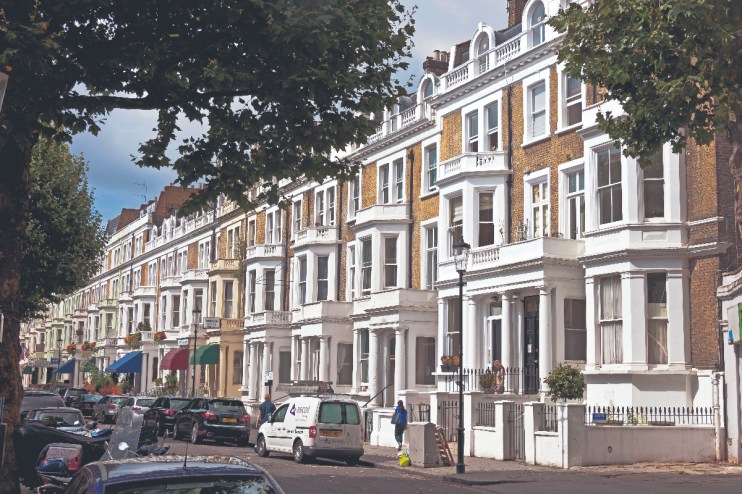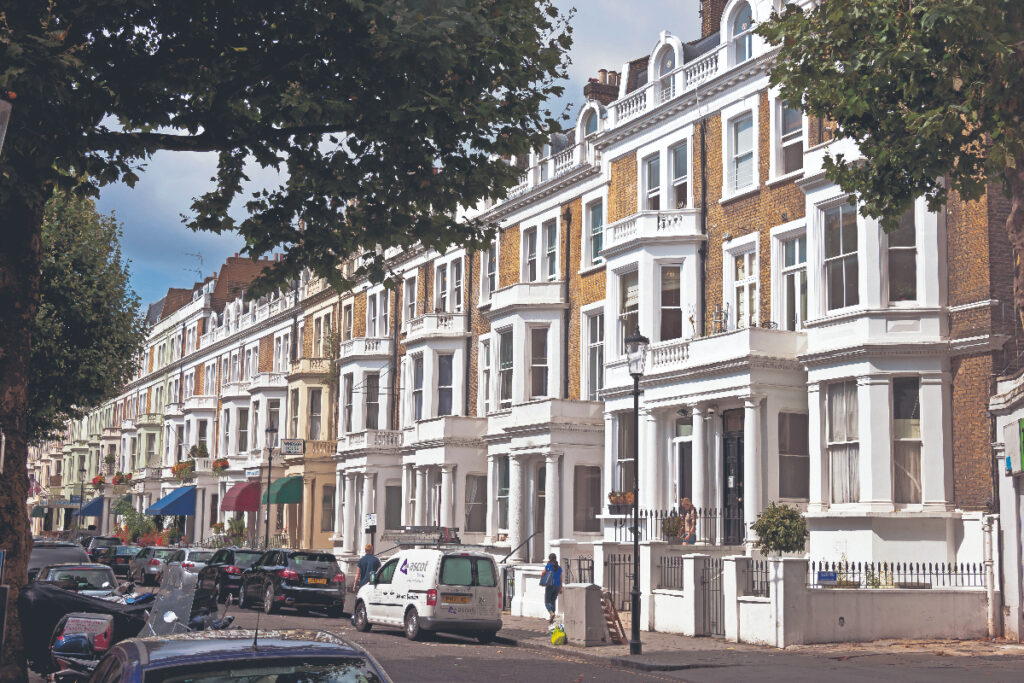
Londoners top the ranking for income per head across the UK yet spend very little after housing costs are taken into account, according to research by leading think tanks.
A new report by the Institute for Fiscal Studies (IFS) and Economic Statistics Centre of Excellence (ESCoE) signals that high housing costs in the capital city are putting people’s budgets under intense strain.
Londoners’ earnings stand at around 39 per cent more than the national average but household consumption, after housing costs are taken into account, is near the bottom of the nationwide distribution.
Income levels and spending habits by north Londoners are key to the findings.
Researchers said that households in areas including Islington and Camden rank lower in consumption after housing costs despite placing high in the national distribution for income per head.
Households in the City of London and Richmond rank very highly in both the income per head and consumption distributions, reflecting how largely spending habits diverge within London.
House prices in London are significantly higher than that of the rest of the UK, according to the latest Halifax House Price Index released earlier this week.
The typical value for a house in March was just under £300,000 while London prices stand at around £550,000.
Researchers at the IFS and the ESCoE suggested that many people choose to live in London while earnings are high, allowing them to save before they move out of the city at a later stage in their lives.
Differences in the prices of goods and services across London boroughs were not taken into account by researchers.
Income per person was also more unequally distributed across different areas than household consumption, the report showed.
Gautam Vyas, who co-authored the research which takes data from 2018 and 2019, said the findings were a measure for the difference in living standards across the country.
“Our findings challenge the conventional wisdom that the typical London household enjoys higher living standards than their counterparts across the country,” he said.
“Rather, it seems that a combination of higher housing costs and differences in saving behaviour implies that high incomes do not translate into higher consumption spending for Londoners.”



